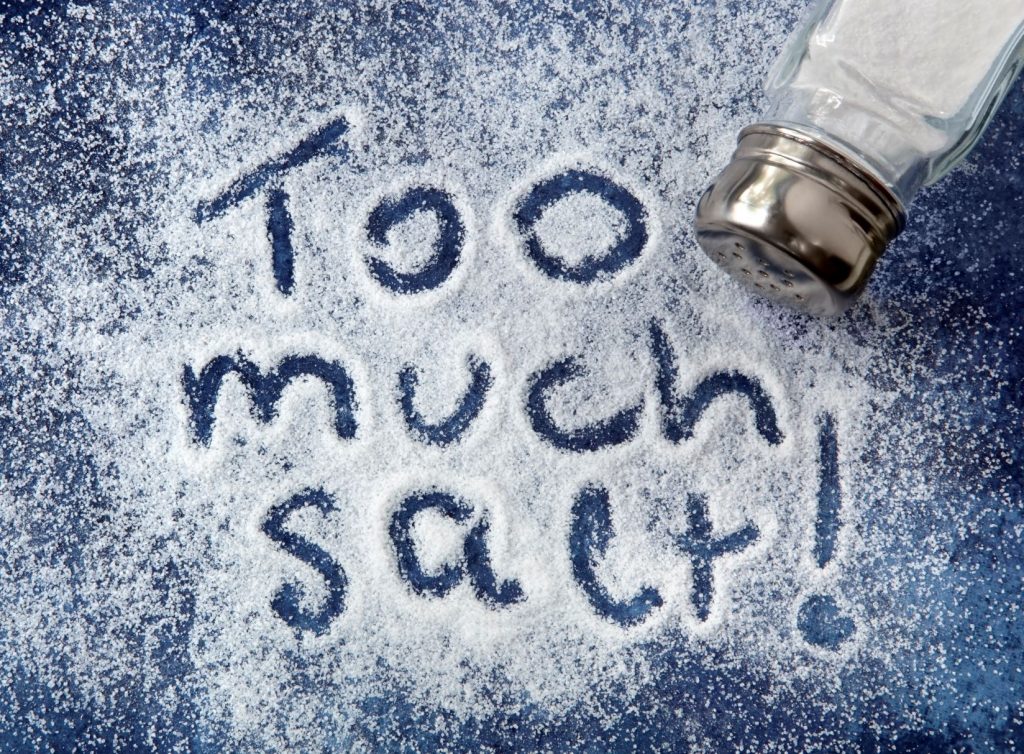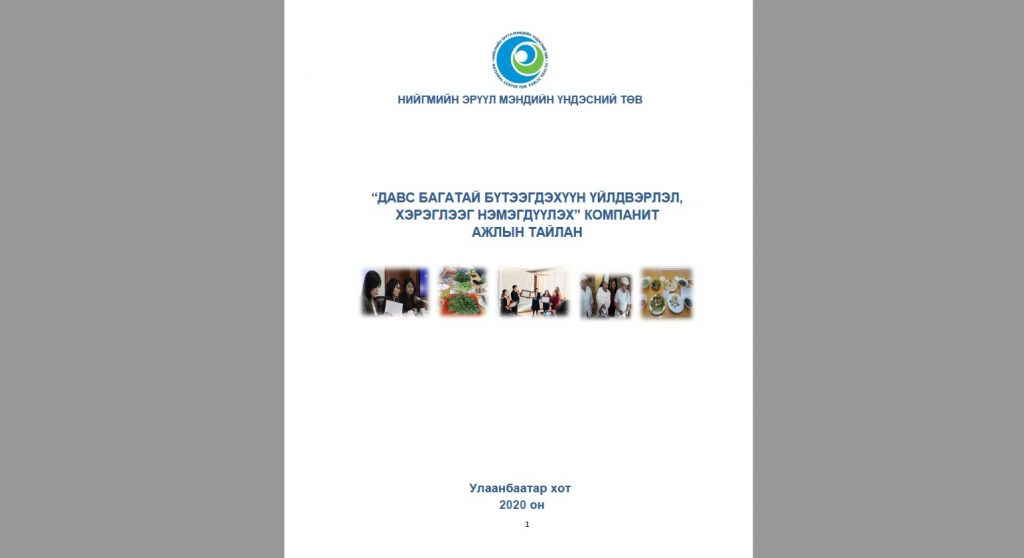Implementing the national strategy of salt reduction in Morocco: the baker´s perspective

Published in the Pan African Medical Journal on 11th December 2020, Bouhamida et al conducted a quantitative exploratory study to examine the knowledge of bakers about the national strategy of salt reduction and evaluate their current contribution and future commitment in implementing the specific recommendation related to salt reduction in bread. 432 bakeries participated in […]
Limited potential impact of Australia’s reformulation targets on sodium purchases

Research by Coyle et al (2020) from the George Institute for Global Health has sparked media attention as it found very limited potential impact on reducing sodium intake of the Australian population from the voluntary sodium reformulation programme, the Healthy Food Partnership, with just 50mg daily reduction per person if there was 100% compliance with […]
#GeorgeTalks on “Salt wars: using policy and the law to reduce salt intake”

The George Institute for Global Health invites you to a #GeorgeTalks on “Salt wars: using policy and the law to reduce salt intake” on Wednesday 10 March 2021 at 12pm (AEDT) to mark ‘World Salt Awareness Week’. For this #GeorgeTalks event, we will be joined by Dr. Michael F. Jacobson, Senior Scientist and former […]
A Decade of Food and Nutrition Policy in Portugal (2010-2020)

Published in the Portuguese Journal of Public Health on the 29th of October 2020, Graca, Gregorio and Freitas reviewed food- and nutrition-related policies and progress in Portugal over the last decade. The authors reflected on the main strategic documents, namely “The Platform against Obesity” (2007 – 2011), the “Promotion of Healthy Eating” (2012 – present) […]
Neapolitan Pizza Prepared with Seawater in Place of Salt has 50% less sodium and very good acceptability

Published in Nutrients on 17th November 2020, Idelson et al conducted a randomised controlled trial with twelve healthy participants to investigate the nutritional properties, sensory characteristics and metabolic effects of a typical Neapolitan pizza prepared with seawater (SWP) in place of common salt compared with standard traditional pizza (StP). The seawater pizza contained almost 50% […]
Kraft Heinz on Reducing Salt in their Processed Food Products

Kraft Heinz has been incrementally reducing salt and sugar in their processed food products, to minimise the taste difference perceived by consumers in lower salt/sugar products, but the company faces pressure from nutritionists to move more quickly. In a recent report, the company promised to achieve 85% compliance with Kraft Heinz Global Nutrition Targets by […]
Health Canada Voluntary Sodium Reduction Targets for Processed Foods 2020-2025

On 18th December 2020, Health Canada published their Voluntary Sodium Reduction Targets for Processed Foods 2020-2025. These targets build on the 2012 targets, set until the end of 2016, that aimed to achieve a reduction in sodium intake to 2300 mg/day. The updated targets are based on a 15 to 20% reduction from the 2017 measured […]
A three-part blog series on Australia’s new food reformulation targets

The George Institute’s PhD candidates, Emalie Rosewarne and Daisy Coyle have published a three-part blog series on Australia’s new food reformulation targets. Topics explored include: how the reformulation program could be better-aligned with international best-practice, how the reformulation targets need to be improved to have a meaningful impact, and the steps the Government needs to […]
The UK has new salt targets to be met by 2024

In September 2020, Public Health England published the 5th set of voluntary salt reduction targets for the UK, to be achieved by 2024. The salt targets cover 84 specific food categories, 8 more than the 2017 targets. Where there was scope for further reductions, the new targets are progressively lower than previous ones. For the […]
Mongolia: Raising salt awareness in the western region of Mongolia

Mean estimated population salt consumption in the western region of Mongolia is 15.4 g/day; triple the World Health Organization’s (WHO) recommended daily maximum of 5 g/day and much higher than the national average of 11.1 g/day. To tackle this disparity, Mongolia has implemented several activities in line with the framework, “Improving knowledge and awareness on […]